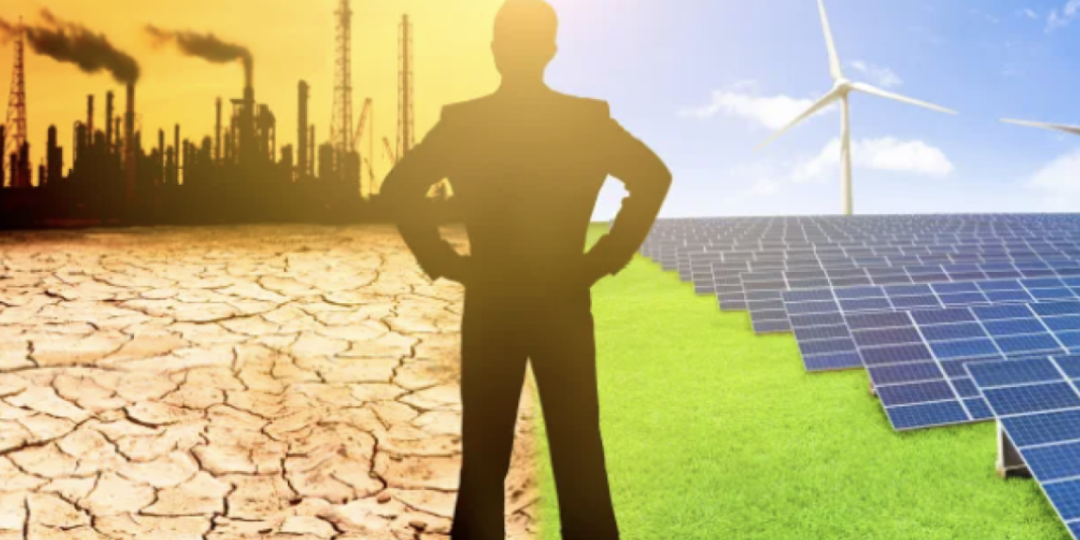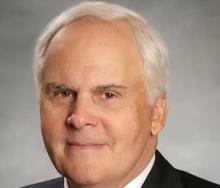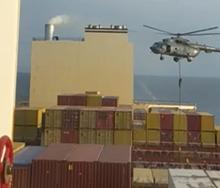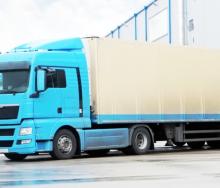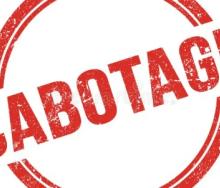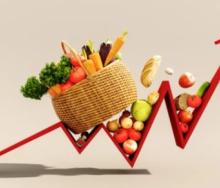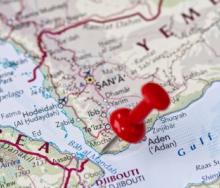The global energy transition to a more equitable, secure and sustainable energy system is still progressing but has lost momentum in the face of increasing uncertainty worldwide, according to a new World Economic Forum report published this week.
While 107 of the 120 countries benchmarked in the report have demonstrated progress on their energy transition journeys in the past decade, the overall pace of the transition has slowed, and balancing its different facets remains a key challenge. Economic volatility, heightened geopolitical tensions and technological shifts have all had an impact, complicating its speed and trajectory. There is, however, some reason for optimism, with increasing global investments in renewables and significant growth in energy transition performance in sub-Saharan Africa over the past decade.
The 14th annual edition of the Forum’s report, Fostering Effective Energy Transition 2024, published in collaboration with Accenture, uses the Energy Transition Index (ETI) to benchmark 120 countries on the performance of their current energy systems, with a focus on balancing equity, environmental sustainability and energy security, and on their transition-readiness. New this year to the report are “tailored pathways” for analysing country-specific characteristics, including income level and local energy resources, to provide region-specific recommendations.
“We must ensure that the energy transition is equitable, in and across emerging and developed economies,” said Roberto Bocca, head of the Centre for Energy and Materials, World Economic Forum. “Transforming how we produce and consume energy is critical to success. We need to act on three key levers for the energy transition urgently: reforming the current energy system to reduce its emissions, deploying clean energy solutions at scale, and reducing energy intensity per unit of GDP.”
ETI 2024 Scores
Europe continues to lead the ETI rankings, with the top 10 list for 2024 fully composed of countries from that region. Sweden (1) and Denmark (2) top the rankings, having both placed in the top three countries each year for the past decade. They are followed by Finland (3), Switzerland (4) and France (5). These countries benefit from high political commitment, strong investments in research and development, expanded clean energy adoption – accelerated by the regional geopolitical situation, energy-efficiency policies and carbon pricing, the report points out. France is a new entrant in the top five, with recent energy-efficiency measures reducing energy intensity in the past year.
Among G20 economies, Germany (11), Brazil (12), the United Kingdom (13), China (17) and the United States (19) join France in the ETI top 20, along with new entrants Latvia (15) and Chile (20), which were buoyed by increases in renewable energy capacity.
China and Brazil have progressed significantly in recent years, primarily driven by long-term efforts to increase the share of clean energy and enhance their grid reliability. Brazil’s ongoing commitment to hydropower and biofuels, recent strides in solar energy, along with initiatives tailored to create new opportunities have been key in attracting investments. In 2023, China also significantly scaled up its renewable energy capacity and continued to grow and invest in its manufacturing capability in clean technologies such as batteries for electric vehicles, solar panels, wind turbines and other critical technologies. China, together with the US and India, is also leading in developing new energy solutions and technologies.
The gap in overall ETI scores has narrowed between advanced and developing economies and the “centre of gravity” of the transition is moving to developing countries. However, clean energy investment continues to be concentrated in advanced economies and China. This underscores the need for financial support from advanced nations to facilitate an equitable energy transition in emerging and developing nations and forward-thinking policy-making in all nations to foster truly conducive investment conditions. As no universal solution exists, policies could be tailored to each country’s unique needs, based on factors such as income level, national energy resources and needs, as well as regional context, the report points out.
